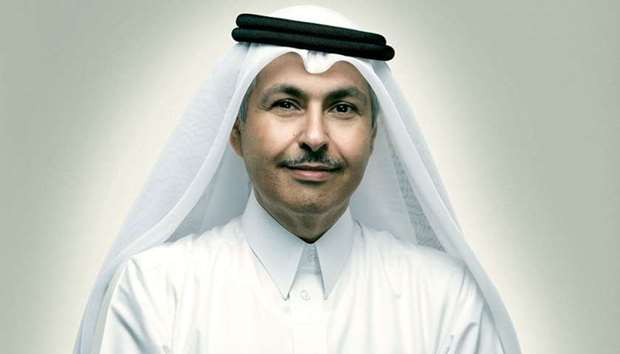Broadband technologies are today driving substantial transformation in many development-related sectors, including health, education, financial inclusion and food security, making them a key accelerator towards achievement of the United Nations’ Sustainable Development Goals (SDGs), says ‘The State of Broadband 2017: Broadband Catalysing Sustainable Development’ report, released by the United Nations Broadband Commission for
Sustainable Development.
The report was released just ahead of the commission’s fall meeting in New York City on September 17, and amid the UN General Assembly taking place until September 25, also in New York.
According to the report, while 48% of the global population is now online, some 3.9bn people still do not have Internet access, with the digital gap growing between developed and developing countries. In addition, only 76% of the world’s population lives within access of a 3G signal, and only 43% of people within access of a 4G connection. The disparities in gender access are also becoming wider in developing countries.
ITU secretary-general Houlin Zhao, who serves as co-vice-chair of the commission with Unesco director-general Irina Bokova, said: “The goals for education, gender equality and infrastructure include bold targets for information and communication technology. The State of Broadband 2017 report outlines how broadband is already contributing to this and makes valuable recommendations for how it can increase this contribution
into the future.”
Sheikh Saud bin Nasser al-Thani, Group CEO, Ooredoo, said: “The report shines a crucial light on the ongoing global challenge to help people across the world access the life-changing benefits of internet access. At Ooredoo, we continue to invest in mobile technology, people and resources that enable our communities – in particular underserved women and youth – to enjoy the Internet and use it as a means to improve their lives and achieve their full potential. As we deploy the power of digital technology to give people access to the services and support they need, we urge governments, operators and regulators to continue working closely together to address the deepening digital inequality in global connectivity.”
Ooredoo’s commitment to reduce digital inequality stems from its core mission to make the Internet accessible and enjoyable for everyone. This is highlighted within the report with several examples of Ooredoo’s efforts to harness broadband for sustainable development, including Ooredoo Myanmar’s mAgri app Site Phyo, an app that provides farmers with localised weather information and best practices for growing and maintaining specific crops; Ooredoo Maldives Smart Campus, an end-to-end solution for distance education offered in partnership with Microsoft, which enables educators to maintain their curriculums online; and Indosat Ooredoo’s Indonesia Belajar, a digital education programme that aims to use technology to help make education more available and accessible for children across Indonesia.
Delivery of this commitment rests on Ooredoo maintaining cutting-edge mobile technology across its global footprint, in both developed and developing markets. As such, Ooredoo has continued to invest in 5G-ready networks and in 2016, completed network modernisation programmes across all of the 10 countries it operates in.
This investment is recognised in the report with Qatar’s path towards 5G highlighted in a dedicated viewpoint. Qatar is referenced as a regional pioneer in delivering cutting-edge broadband technology. The viewpoint observes that Qatar is one of a few nations around the world to have successfully tested 10 Gbps FTTH services, as well as completing one of the first 5G mobile trials in the Mena region, reaching speeds of 35.46 Gbps.

Sheikh Saud bin Nasser al-Thani, Group CEO, Ooredoo.
